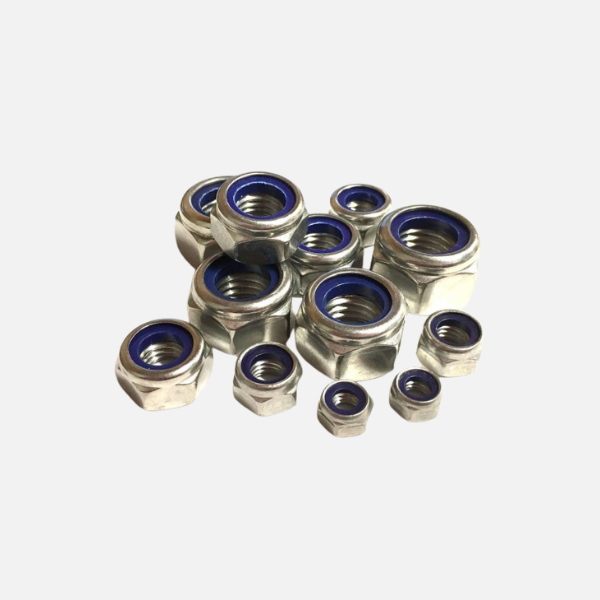GI / MS Lock Nut – Built for Strength, Designed for Dubai
Whether you’re constructing a high-rise in Downtown Dubai or assembling machinery in a Dubai industrial zone, one thing you can’t compromise on is reliable fastening — and that’s where the GI / MS Lock Nut comes in strong. This nut is all about holding tight, resisting vibration, and staying put even under the most demanding conditions.
Crafted from Galvanized Iron (GI) or Mild Steel (MS), these Lock Nuts are essential in structural and mechanical setups all over Dubai — from heavy equipment in Dubai Investments Park to solar panel frames in Dubai Sustainable City. Their primary job? To lock bolts and studs in place — so they don’t loosen up from movement, vibration, or the intense desert heat.
In Dubai’s fast-paced and high-standard construction environment, GI / MS Lock Nuts are a go-to choice for engineers, contractors, and fabricators who demand durability, performance, and long-term reliability.
Why Dubai Builders Trust GI / MS Lock Nuts
-
✅ Anti-Vibration Locking – Designed to hold fast even in high-vibration areas
-
✅ High Load Capacity – Supports heavy-duty bolting systems across Dubai projects
-
✅ Corrosion Resistant – GI coating protects against rust in Dubai’s salty air and humidity
-
✅ Compatible With Bolts & Studs – Perfect fit for standard threaded rods and fasteners
-
✅ Long-Lasting Performance – Reliable for permanent structures and mobile equipment
-
✅ Indoor & Outdoor Applications in Dubai – From garages to skyscrapers
-
✅ Secure Assembly Guaranteed – No loosening, no failure, no fuss
Where Lock Nuts Are Used in Dubai
-
Machinery and generators in Dubai Industrial City
-
Metal framework and scaffolding in Dubai Marina
-
Structural installations in Dubai Creek Harbour
-
Transport systems in Dubai Logistics Corridor
-
Solar projects in Dubai South
-
HVAC and electrical panels in Dubai offices
-
Maintenance jobs in Dubai workshop units
Specifications
-
Material: Galvanized Iron (GI) / Mild Steel (MS)
-
Finish: Electro-galvanized, hot-dip galvanized, or plain
-
Sizes Available: M5 to M36 (custom on request)
-
Thread Type: ISO metric thread
-
Standards: DIN 985 / DIN 982 / DIN 934
-
Usage: Locking applications, structural fastening, anti-vibration setups
FAQ – GI / MS Lock Nut in Dubai Projects
Q1: What makes this a “lock” nut?
It’s designed with extra grip, sometimes including nylon inserts or distorted threads, to prevent loosening — perfect for vibration-prone areas in Dubai.
Q2: Can it be used outdoors in Dubai?
Yes, especially the GI variant. It resists corrosion even under Dubai’s harsh sun, salty air, and humidity.
Q3: What’s the difference between GI and MS Lock Nuts?
GI is galvanized, making it more corrosion-resistant. MS is ideal for indoor or low-exposure areas in Dubai.
Q4: Do I need special tools to install this?
Nope. Standard wrenches work perfectly. Just ensure proper torque for a secure hold.
Q5: Can I reuse these lock nuts?
They can be reused a few times, but for maximum safety in critical Dubai projects, always check the grip after each use.
Lock In Strength – The Dubai Way
When your build demands unshakable fastening, the GI / MS Lock Nut delivers. It’s tough, corrosion-resistant, and made to perform — from skyscrapers to solar stations in Dubai. If you’re not locking with this, you’re risking it.
🛒 Order now from AlHafoof.com — your trusted hardware partner in Dubai for high-quality nuts, bolts, and fasteners.








